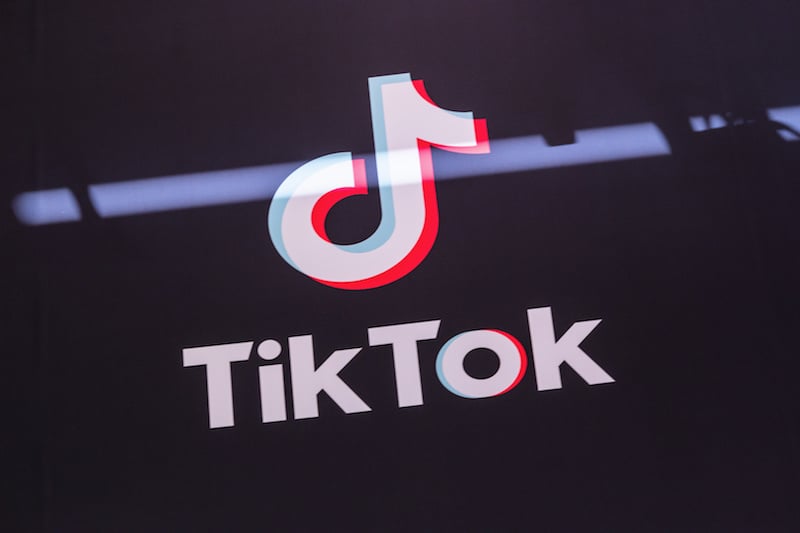Security News

TikTok has been collecting unique identifiers from millions of Android devices without their users' knowledge using a tactic previously prohibited by Google because it violated people's privacy, new research has found. The app bundled the MAC address with other device data and sent it to ByteDance upon the app's first installation and opening on a new device, according to the report.

The US bans on Chinese apps TikTok and WeChat are not particularly valuable for US security, experts told AFP Friday, but could step up broader commercial pressure on Beijing and help President Donald Trump appear tough as he seeks reelection. The WeChat ban especially, they say, actually harms a large number of Chinese Americans, US-based Chinese, and businesses working with China, all for whom the app is essential to communications.

The United States has fired a new salvo in its rivalry with China, ordering sweeping restrictions against Chinese-owned social media stars TikTok and WeChat. It belongs to Chinese tech firm ByteDance and targets the international market while Douyin, a domestic version of the platform, caters exclusively to Chinese users.

President Donald Trump on Thursday ordered a sweeping but unspecified ban on dealings with the Chinese owners of consumer apps TikTok and WeChat, although it remains unclear if he has the legal authority to actually ban the apps from the U.S. The twin executive orders - one for each app - take effect in 45 days. The administration has provided no specific evidence that TikTok has made U.S. users' data available to the Chinese government.

The putative class-action suit, filed on Wednesday in the Northern district of California [PDF] also alleged that Google was gathering info from TikTok specifically in order to "Unfairly compete against TikTok [with a] competing video platform app called 'Shorts'." The suit further alleged that Lockbox worked "Through Google Mobile Services and allows Google employees to spy on how Android Smartphone users interact with non-Google apps. For example, Google is able to collect data on when and how often an Android smartphone user opens and runs non-Google apps and the amount of time spent in non-Google apps."

United States president Donald Trump has issued two executive orders banning Chinese messaging service WeChat and made-in-China-but-only-operating-abroad social network TikTok, and labelling the two a "Threat". Which is five days after the September 15 deadline president Trump has given Microsoft to do a deal to buy some of TikTok.

United States president Donald Trump has issued two executive orders banning Chinese messaging service WeChat and made-in-China-but-only-operating-abroad social network TikTok, and labelling the two a "Threat". Which is five days after the September 15 deadline president Trump has given Microsoft to do a deal to buy some of TikTok.

The US Senate voted Thursday to bar TikTok from being downloaded onto US government employees' telephones, intensifying US scrutiny of the popular Chinese-owned video app. President Donald Trump, who has locked horns with China on a range of issues including trade and the coronavirus pandemic, has set a deadline of mid-September for TikTok to be acquired by a US firm or be banned in the United States.

China has accused the US of abusing its national security laws to target Chinese companies after Washington threatened to ban video-sharing app TikTok from its shores last week. On Saturday, the Trump administration vowed to "Close down" the Chinese-owned video-sharing app unless it is bought by a "Very American" company within 45 days.

The chairman of UK Parliament's Defence Committee has suggested making popular app TikTok subject to Huawei-style code reviews by GCHQ, if its reported move to a new London HQ comes true. Calls to simply ban TIKTOK are shortsighted - we are losing this tech Cold War.